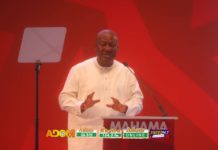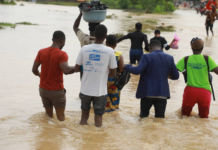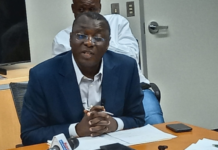A senior Research Fellow and Head of Economics Division of the Institute of Statistical, Social and Economic Research (ISSER), Dr. Charles Ackah has revealed the gap between rich and poor in Ghana is rising.
He revealed that, about a quarter of the population are poor as they are unable to afford GHC3.6 per day, an amount he said that cannot foot the trotro fare from Accra to Kasoa or buy anyone waakye and fish in Accra.
Dr. Charles Ackah disclosed this in an interview on Adom FM’s morning show, Dwaso Nsem Thursday.
This follows the launch of the State of the Ghanaian Economy 2016 Report, produced by the Institute.
The Report is the product of a very detailed academic and expert view of all the sectors of the Ghanaian economy.
The ISSER report among other things said Ghana’s economic performance mimicked the global and sub-Saharan Africa economic output, with a marked nosediving since 2014.
It also said oil prices rose about 80% in 2016, from US$30 per barrel in January 2016 to US$54 by January 2017, impacted by demand weaknesses and low prices. Also weak economic recovery, increased unemployment with unemployment rates among the youth (15-24 year group) pegged at twice as high as that of any cohort of labour force.
Commenting on the issue, Dr. Charles Ackah said Ghana’s economy is too difficult to understand.
“We consider the economy of Ghana very difficult to understand. It is an economy blessed with all the natural resources, very good weather and good people yet we see inequality indices and poverty still high” he stated.
The ISSER fellow the consequences, particularly of poverty, rising inequality and joblessness are dire for an economy whose growth is tottering from the year 2011 high of 14 percent to the 2016 growth of 3.6 percent.
He indicated that said the 3.6 percent rate is the lowest for over two decades but is also a continuation of the downward trend since 2011.
On the way forward Dr. Charles Ackah said investment in Agriculture, strong institutions and strong leadership will change the status quo.







